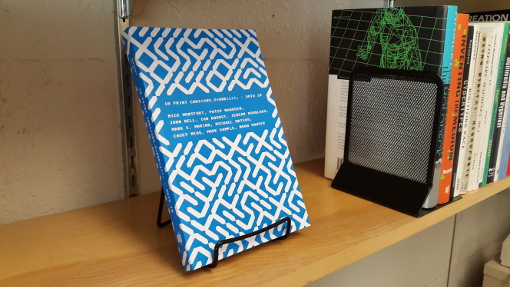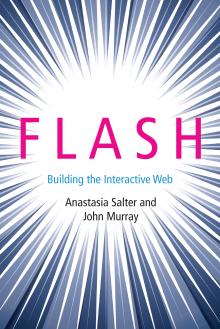Poetix
February 14 is Valentine’s Day for many; this year, it’s also Ash Wednesday for Western Christians, both Orthodox and unorthodox. Universally, it is Harry Mathews’s birthday. Harry, who would have been 94 today, was an amazing experimental writer. He’s known to many as the first American to join the Oulipo.
Given the occasion, I thought I’d write a blog post, which I do very rarely these days, to discuss my poetics — or, because mine is a poetics of concision, my “poetix.” Using that word saves one byte. The term may also suggest an underground poetix, as with comix, and this is great.



